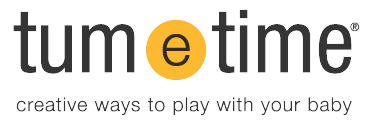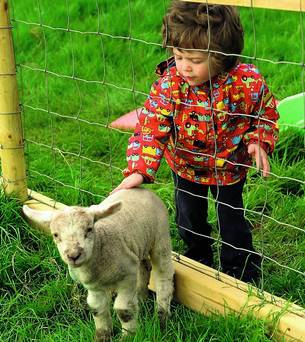I, like the author of this blog post, have many issues with the focus placed on treating childhood mental health when there is so much that we could be doing to prevent these disorders if we only prioritize families.
The research is quite clear that 0 to 3 years of age are our formative years, the foundation for our entire life. We have to start treating early childhood development with the respect and honor it deserves. We have to educate, nurture and support families during pregnancy and as their children grow, taking responsibility as a society to look out for children and lend a helping hand when able. We have to demand employers give parents longer parental leave (with pay and job security) to bond with their babies, give parents ‘permission’ to put their children before their careers and flexibility in the work place. We need employers all the way up to the President to understand that our family comes first!
I feel this is our responsibility to our children and future generations.
Posted by Claudia M Gold May 16, 2013 10:04 PM
Change is in the air for children’s mental health care. The latest CDC (Center for Disease Control) special supplement to the MMWR (morbidity and mortality weekly report) is titled Mental Health Surveilance Among Children-United States 2005-2011. The report overview states:
Approximately $247 billion is spent each year on children’s mental health. The mental health of children is critical to their overall health as children and as they grow into adults.
The report summary concludes:
More comprehensive surveillance is needed to develop a public health approach that will both help prevent mental disorders and promote mental health among children.
This report coincides with both the release of
DSM (Diagnostic and Statistical Manual of Mental Disorders) 5, and a statement by the director of the
NIMH (National Institute of Mental Health) that research funding would not be guided by DSM diagnoses, and that a new paradigm of mental health care is needed.
The time has come to recognize the overwhelming evidence regarding the importance of early relationships in healthy emotional development. The answer to the problem posed in the CDC report is in: invest in early childhood -from newborn to three- to prevent mental health disorders and promote mental health.
A huge part of this evidence comes from the CDC itself, with the ACES study, showing long-term negative impact on both physical and emotional health of a range of adverse childhood experiences. An abundance of research coming from the discipline of infant mental health provides a more nuanced view of this issue.
When parents are supported and valued by society, they are able to be fully present with their children, in turn helping to grow healthy brains. Children who grow up in an attuned caregiving environment are flexible, resilient, and empathic. In contrast, when children experience toxic stress, or stress in the absence of a safe, secure caregiving relationship, the parts of their brains responsible for emotional regulation do not develop normally. What results are symptoms that are then labeled “mental illness.”
I heard this phrase “office of homeland security of attachment” from Gerard Costa, director of the
Center for Autism and Early Childhood Mental Health at Montclair State University. I was speaking at the 2nd annual
Todd Ouida Children’s Foundation Conference with the wonderful title: The Magic in Moments: Patterns of Early Relationships that Create Resilient Individuals and Peaceful Societies. While the phrase is meant to be humorous, the idea behind it is very serious.
Our country is seriously lagging behind other countries in the care and attention we give to young children and their parents, with potentially devastating effects. A special government organization to take on this task would address this problem with the attention it deserves. This does not mean that the government has a role in parenting, which is a private, individual experience. Rather, such an organization could address such things as:
– parental leave policy
– comprehensive screening and treatment for perinatal emotional complications including depression and anxiety
– education of a workforce trained in working with young children and families
– high quality child care, including supervision for child care workers
Attending to early caregiving relationships will move us toward the goal of creating peaceful societies. Given that $247 billion is spent a year on children’s mental health, focusing on early childhood is not only the right thing to do, it is also a worthwhile investment.
Originally published on the blog
Child in Mind.”

